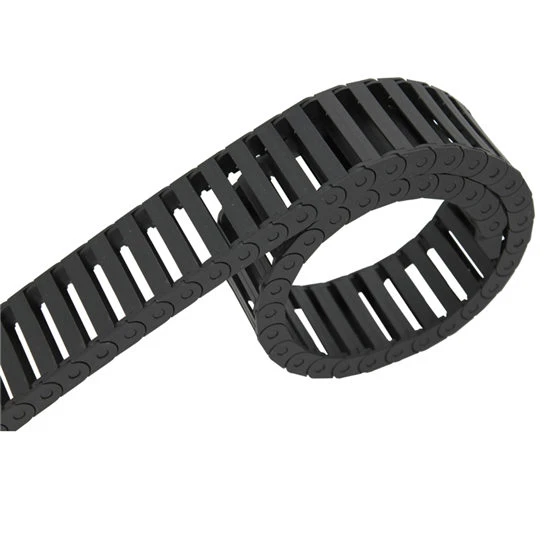metal cable carrier
Understanding Metal Cable Carriers A Comprehensive Overview
In the world of industrial automation and machinery, the need for efficient cable management is paramount. One of the most effective solutions for this challenge is the metal cable carrier, also known as a drag chain or cable track. These systems are designed to protect and guide electrical cables and hoses, ensuring longevity and safety in various applications.
What is a Metal Cable Carrier?
A metal cable carrier is a supportive structure that houses multiple cables, hoses, or tubes to facilitate their movement as machinery operates. These carriers are typically made of durable metals such as aluminum or steel, which offer great strength, resistance to wear and tear, and the ability to withstand adverse environmental conditions. This makes them particularly useful in heavy-duty applications where flexibility and resilience are critical.
Advantages of Metal Cable Carriers
1. Durability Metal cable carriers are designed to withstand heavy loads, high temperatures, and abrasive environments. This durability ensures a long service life, reducing the need for frequent replacements.
2. Protection By encasing cables and hoses, metal cable carriers offer protection against physical damage, abrasion, chemicals, and other hazardous elements. This protection is vital in industrial settings where machinery operates in challenging environments.
3. Efficiency in Movement Metal cable carriers allow for the smooth movement of cables as the machinery operates. Their design enables the cables to bend and flex without excessive strain, reducing wear and preventing interruptions in operation.
4. Customization Metal cable carriers can be customized to fit specific applications. Manufacturers can design carriers in various shapes, sizes, and configurations to best meet the needs of different systems.
5. Fire Resistance Metal carriers, particularly those made of aluminum, are inherently fire-resistant, making them suitable for use in environments where fire hazards are a concern.
metal cable carrier

Applications of Metal Cable Carriers
Metal cable carriers are used in a variety of industries due to their versatility. Some common applications include
- Manufacturing In automated manufacturing processes, metal cable carriers guide electrical and fluid power cables associated with robotic arms and conveyor systems. - CNC Machining CNC machines often utilize metal cable carriers to manage cables that supply power and data to operational components, minimizing cable wear and maintaining precision.
- Construction Equipment Heavy machinery such as excavators and cranes rely on metal cable carriers to protect hydraulic and electrical hoses, ensuring reliable performance in harsh conditions.
- Material Handling Systems In warehouse automation, metal cable carriers are essential for the safe routing of cables involved in conveyor systems and automated storage solutions.
Installation and Maintenance
Installing metal cable carriers requires careful planning to ensure that they are positioned correctly to support the necessary range of motion without restricting the movement of the machine components. Regular maintenance checks are important to ensure that carriers remain in good condition and that cables are not becoming frayed or damaged.
Conclusion
In summary, metal cable carriers are an integral component of modern industrial machinery and automation. Their combination of durability, protection, and efficiency makes them essential for a wide range of applications in different industries. By choosing the right metal cable carrier system, businesses can enhance productivity, improve safety, and extend the lifespan of their valuable cables and hoses. As technology evolves, we can expect further advancements in cable carrier design, paving the way for even more efficient and effective cable management solutions.








